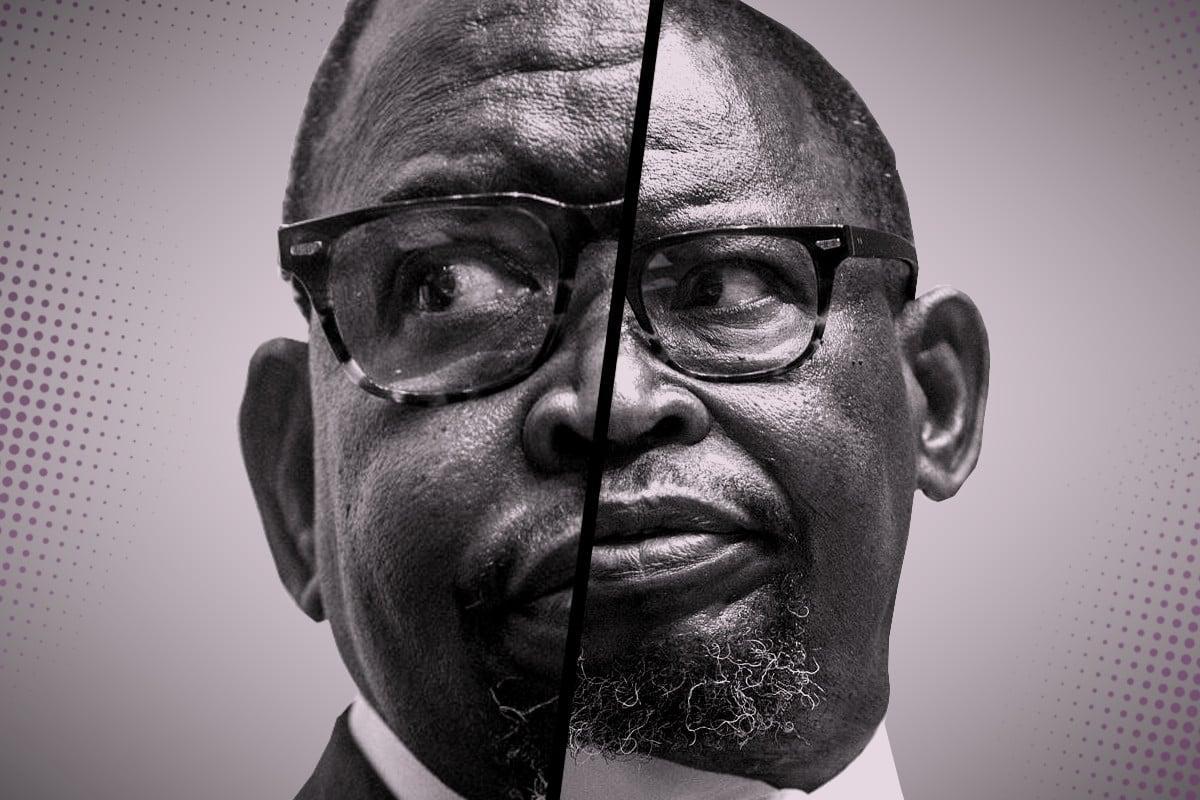Africa-Press – South-Africa. Finance Minister Enoch Godongwana has reportedly axed R60 billion in government spending in the third budget to cover the R75 billion hole left by getting rid of the VAT hikes and South Africa’s GDP dive.
Citing anonymous sources within the Government of National Unity (GNU), the Sunday Times reports that this was the move to get everyone on board with Budget 3.0 – and it worked.
The budget, which will again be tabled in the National Assembly this week (21 May), is expected to see smooth sailing, with majority support, including from the Democratic Alliance within the GNU.
The DA was the key figure to reject the previous two budgets, first ensuring that at 2.0 percentage point hike to VAT wasn’t even tabled in February, and then taking legal action when a 1.0 percentage point hike over two years was tabled in March.
The VAT hikes were also rejected by the Freedom Front Plus within the GNU, and the EFF and MK Party outside the coalition.
The ANC managed to secure votes from smaller parties to support the previous budget, under non-binding commitments to scrap the VAT hike.
With no legal way to actually do so, a settlement with the DA – made an order of the court – effectively reset the budget process, allowing the VAT hike to be worked out.
Unfortunately, this left the National Treasury with a massive deficit in the budget. Taking out the VAT hike, along with the drastic economic changes that played out in April, left Godongwana facing a R75 billion hole.
While much smaller tax measures may be on the cards this week – such as raising sin taxes even more, hiking fuel levies for the first time since 2022, and possibly adjusting medical aid tax credit – there are no viable routes to fully covering the R75 billion gap.
Borrowing more money has been outright rejected.
Government projects on the chopping block
Finance Minister Enoch Godongwana has had to sacrifice his ‘spending’ budget to fill the gap.
According to the Sunday Times, this was a stark reality check for Godongwana, who was left with no choice but to cut spending.
The insiders said that about R60 billion has been cut from the spending side of the budget, which will be a tough pill to swallow for departments.
Spending has either been cut outright or deferred to a later date. This means that some projects and developments may be placed on hold.
This reportedly includes spending in health, infrastructure and transport, with sources warning South Africans that projects involving clinics, roads and trains may take longer to execute as a result.
One area that is unlikely to get the chop is money given to the South African Revenue Service (SARS).
National Treasury has piled billions more into SARS to help commissioner Edward Kieswetter boost collections and thus the country’s revenue.
SARS overshot the MTBPS collection target by almost R9 billion in 2024, with the hope that additional resources will allow the taxman to do this again.
Parties have argued that increasing SARS’ theoretical collection target in the budget would be able to close the revenue gap.
However, this is something that cannot be realised until the funds are actually collected, and the events of April make this a difficult measure to predict.
Since April, South Africa’s expected GDP growth has dropped significantly from 1.5%-2.0% for 2025, to just 1.0% to 1.5%.
This means the country – and households and businesses – will remain under significant economic strain, impacting tax collections.
GNU insiders told the Sunday Times that Godongwana has finally made the difficult choices required, given this fresh economic reality.
As a result, the budget is now expected to sail through parliament with strong majority support.
For More News And Analysis About South-Africa Follow Africa-Press






